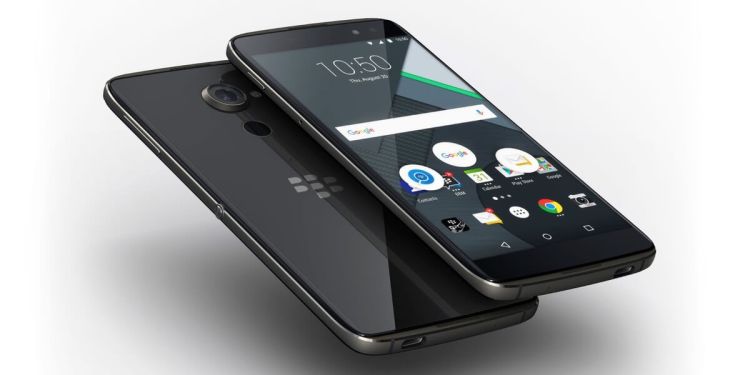BlackBerry has announced a licensing deal to bring BlackBerry-branded devices to more than a billion people across India and neighboring markets.
The news comes a little more than four months after the Canadian tech company revealed it would end in-house hardware development, electing to outsource to partners and become a software-focused company instead. The first fruit of the licensing deal was a joint venture called BB Merah Putih in Indonesia, which has been one of BlackBerry’s biggest markets for devices, as well as for usage of its BBM messaging service.
BlackBerry followed up with a global partnership signed with California-based TCL Communication in December, providing “acceleration to BlackBerry’s transition into a security software and services company,” the company announced at the time. However, a month earlier, BlackBerry laid the foundation for its India push when it announced a partnership with Indian telecom company Optiemus Infracom to market and distribute a duo of Android BlackBerry phones — the DTEK60 and DTEK50. Fast-forward three months, and BlackBerry has now confirmed that it will use Optiemus to “design, manufacture, sell, promote, and support” BlackBerry-branded devices across India, Sri Lanka, Nepal, and Bangladesh.
“Together, that encompasses nearly 1.5 billion people, most of whom have never owned a smartphone before,” explained Alex Thurber, head of BlackBerry’s mobility solutions division. “BlackBerry will maintain security on those devices through regular updates.”
This is a milestone moment for BlackBerry as it strives to reinvent itself after years of decline — it now has licensees in place in every market globally, “thus completing our transition to a security software and services company,” Thurber added.
BlackBerry’s shift from being a hardware company to a brand licensor mirrors that of fellow former mobile phone giant Nokia, which has set up a business vehicle called HMD Global with a view toward bringing Nokia-branded handsets to market again.
India, in particular, has become a key battleground for technology companies as the country has a population of around 1.3 billion people, most of whom still aren’t online. The likes of Google and Facebook are tackling things from a services perspective, introducing data-saving apps and funding public internet initiatives. But smartphones are still owned by less than 20 percent of the population, which represents a huge growth potential. Estimates indicate that India could soon overtake the U.S. to become the world’s second-biggest smartphone market in terms of units shipped. Apple is also expected to begin manufacturing the iPhone in India as early as April this year.
Put simply, India could prove to be a major market for BlackBerry as it looks to gain ground on its competitors. “This partnership will allow us to further extend the BlackBerry software experience in a region which is slated to become a hotbed of mobile growth and innovation,” said Thurber. “With our three hardware licensing partners, BlackBerry devices will now reach every corner of the globe.”
VentureBeat's mission is to be a digital town square for technical decision-makers to gain knowledge about transformative enterprise technology and transact. Learn More

